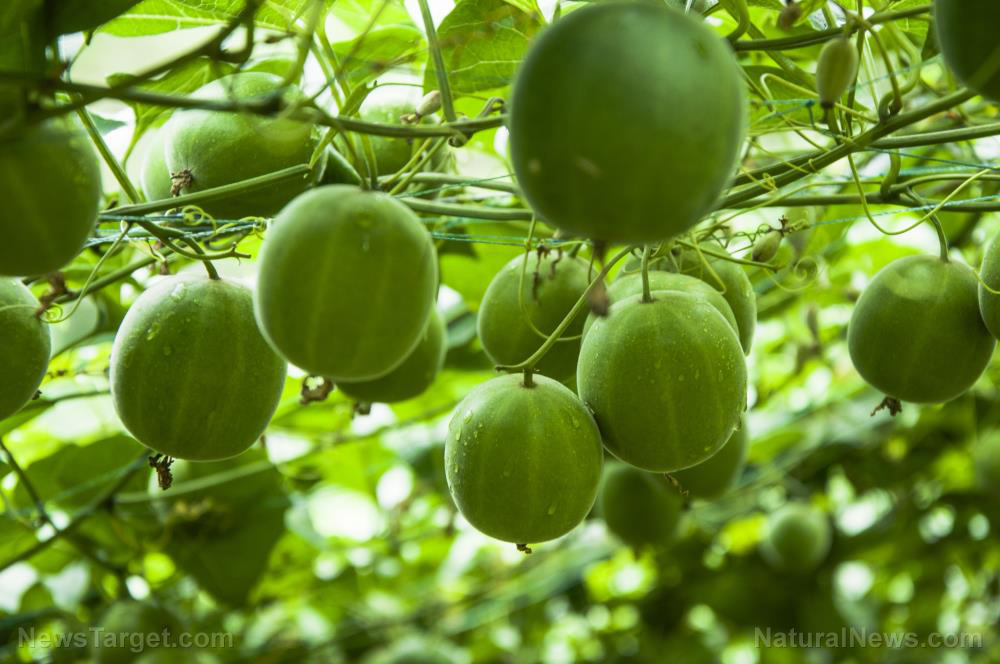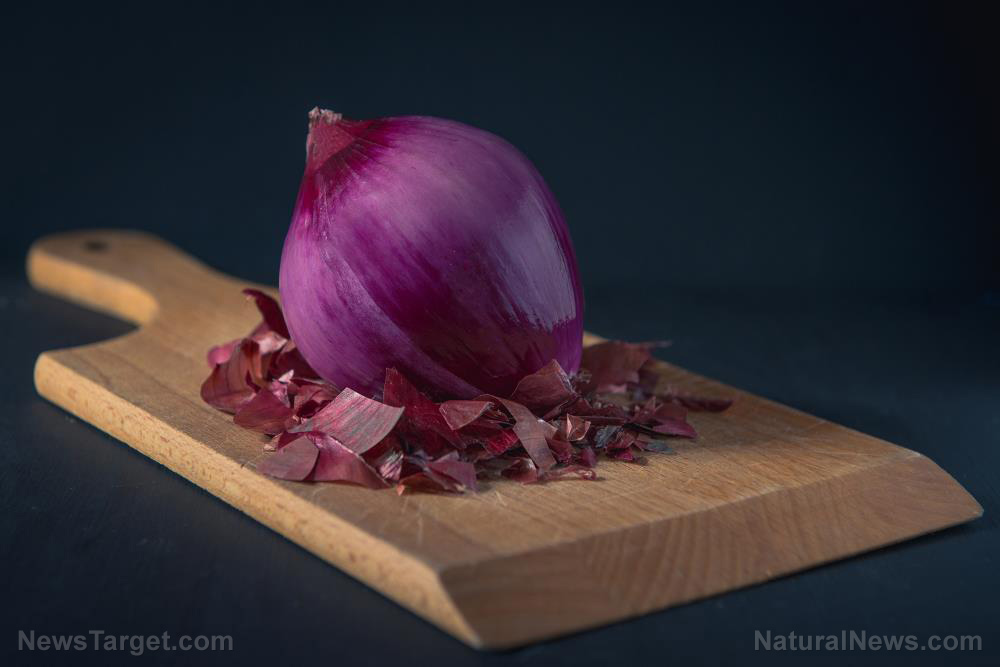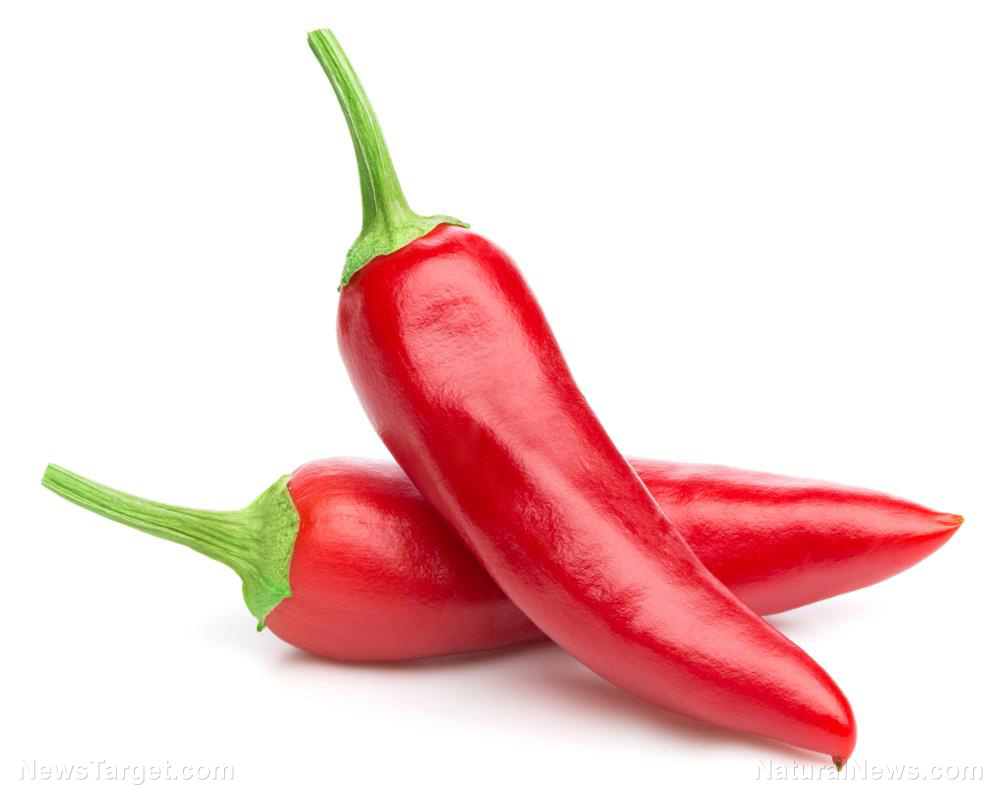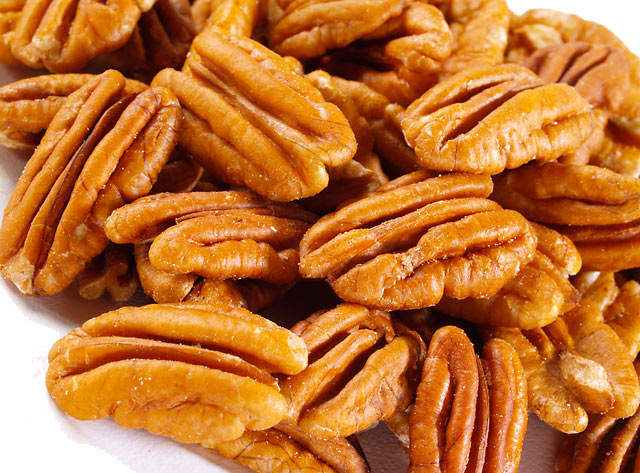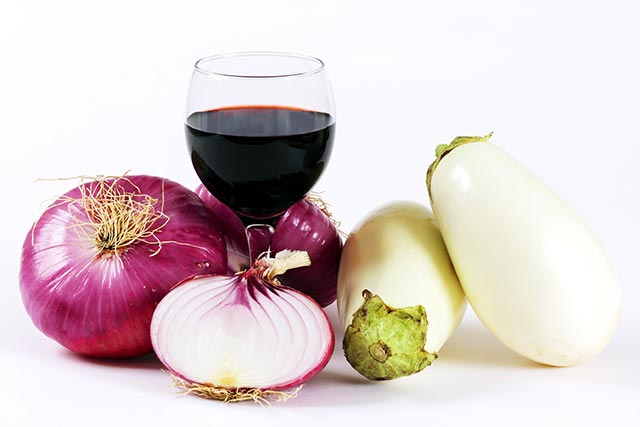The anti-obesity effects of ulam raja or “king’s salad,” a plant used in Malaysian cuisine
02/06/2019 / By David Williams

Obesity is a major problem for many people across the world. It is an issue in both developed as well as developing countries, and it directly leads to millions of deaths every single year. Now, a group of researchers successfully looked into the potential of ethanolic extract from Cosmos caudatus Kunth leaf (EECCL) for use in anti-obesity treatment.
In Malaysia, Cosmos caudatus Kunth leaf (locally known as ulam raja) is present in salads and is believed to have certain anti-obesity properties. But in terms of scientific research backing this idea, there isn’t much to go on. For that reason, the researchers took it upon themselves to determine whether the plant has certain anti-obesity effects.
Obesity is usually treated in a number of different ways, and the researchers focused on a particular one: the use of herbal medicines, specifically the herb that is the Cosmos caudatus Kunth leaf, as it is one of the most common forms of treatment. This is due to the fact that herbal medicine-based solutions are natural, cost-efficient, and causes minimal side effects on patients.
The researchers identified that there is potential in EECCL for anti-obesity treatment, so they focused on it as the form of treatment in their tests. Specifically, they looked at the effects on groups of lab rats.
They divided all of the lab rats into six different groups at random for their study. The first group was on a normal diet (ND) while the second group was for normal diet and 175 mg/kgBW of EECCL (ND + 175 mg/kgbW). The third group was for normal diet and 350 mg/kgBW of EECL (ND + 350 mg/kgBW), and the fourth group was for high-fat diet (HFD). Finally, the fifth group was for high-fat diet (HFD) and 175 mg/kgBW of EECCL (HFD + 175 mg/kgBW), while a sixth group was for high-fat diet (HFD) and 350 mg/kgBW of EECCL (HFD + 350 mg/kgBW).
In order to evaluate the anti-obesity potential of their specified diets, the researchers analyzed perceived and recorded changes in body weight, visceral fat weight, and blood biochemicals like total cholesterol triglycerides, and even fecal fat content in the lab rats after a certain period of time. The researchers found that the lab rats which received EECCL along with a high-fat diet (HFD) were able to show a significant reduction in body weight gain as opposed to rats that were given HFD only. By the end of the study, it is said that the body weight gain of the EECCL-treated lab rats showed that it was not that much different from the ND rats.
Once they wrapped up, the researchers concluded that EECCL does indeed possess certain anti-obesity properties, which leads to inhibition of intestinal lipid absorption as well as to the modulation of adipocytes markers. This is what causes the prevention of body weight increase in patients. In short, the use of the plant leaf in the experiment directly lead to a reduced fat gain in their lab experiments, showing the potential for a highly cost-effective way of preventing obesity. And all it takes is just a simple change in one’s diet, instead of taking any synthetic medicine. With further tests, these result could likely be further confirmed and reinforced for future applications.
Find out some of the most common causes of obesity in Sweeteners.news.
Sources include:
Tagged Under: diet, high-fat diet, obesity, obesity treatment, plant-based treatment, ulam raja, weight loss


